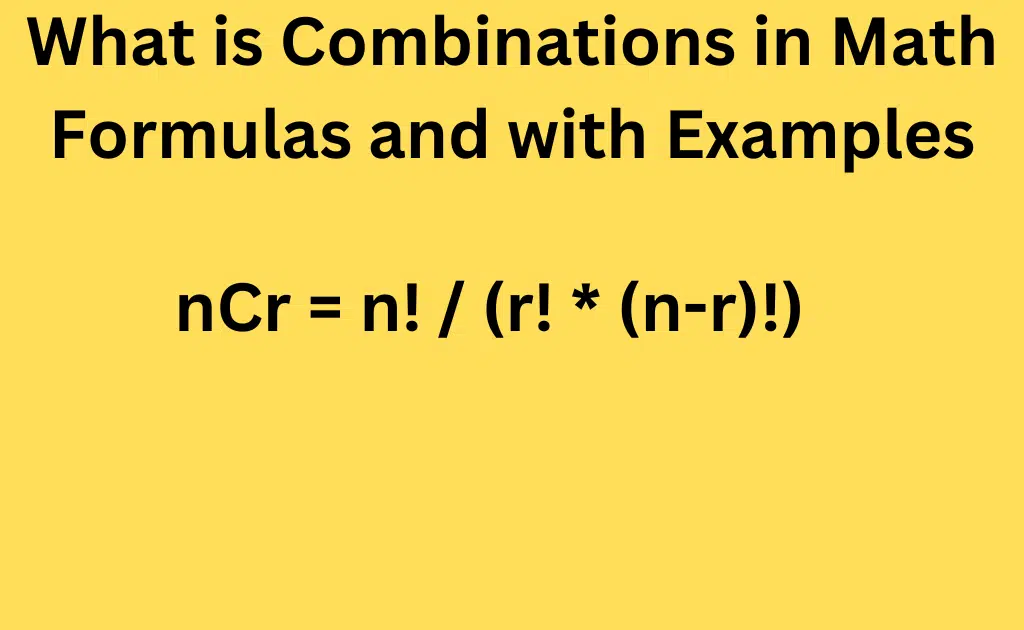Factorial Mean in Math
Factorials are an important mathematical function that is used to find out how many different ways a set of things can be arranged. Daniel Bernoulli discovered the well-known interpolating function of the factorial function.
The factorial concept is a mathematical calculation that is used to determine the number of ways a certain event can occur. This concept is used in many different fields of mathematics, such as probability, permutations and combinations, sequences, and series. A factorial is a function that multiplies a number by every number below it, down to 1. So, the factorial of 3 would be the multiplication of numbers 3, 2, and 1 – i.e. 3! = 3 × 2 × 1. This would equal 6.
In this article, you will learn the mathematical definition of the factorial, how it’s written, the formula, examples, and so on in detail.
What is Factorial?
The factorial of any whole number is the function that multiplies that number by every natural number below it. Symbolically, a factorial is represented by using the symbol “!”. So, “n factorial” means the product of the first n natural numbers and is represented as n!

Factorials are a mathematical concept often used in statistics and probability. In short, a factorial is the product of all the integers from 1 to a given number. For example, the factorial of 5 would be 1x2x3x4x5=120.
Factorial Notation
The factorial of a positive integer is the product of all positive integers that are less than or equal to n. It is represented by the symbol n!
Factorial Formula
The n factorial formula in math is a way to calculate the product of a given integer and all the integers below it. In other words, it helps you find the product of a given number and all the numbers below it.
The formula for n factorial is: n! = n × (n – 1)!
The formula to find the factorial of a number is:
n! = n × (n-1) × (n-2) × (n-3) × ….× 3 × 2 × 1
For example, if we want to find the factorial of 5, we would use the following calculation:
5! = 5 × 4 × 3 × 2 × 1 = 120
Factorial of Number
To find the factorial of any given number, simply substitute the value for n in the following formula:
n! = n * (n-1) * (n-2) * … * 3 * 2 * 1
For example, the factorial of 5 would be calculated as follows:
5! = 5 * 4 * 3 * 2 * 1 = 120
Use of factorial
Factorials are commonly used in permutations and combinations to determine the number of ways that a set of items can be arranged or the number of ways that a set of items can be selected.







Leave a Reply